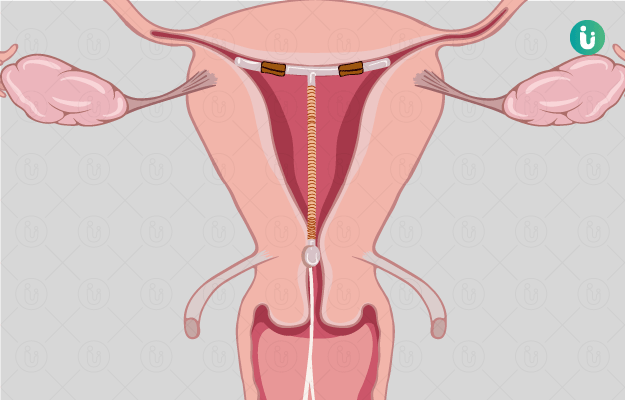Pregnancy is one of the most beautiful periods in a woman’s life. The joy of becoming a mother is certainly a thrill worth the emotional rollercoaster a woman goes through during all those months of gestation. While a missed period is taken as one of the first signs of pregnancy, it does not necessarily point to implantation.
The signs and symptoms of pregnancy can vary in different women but there are some well-known signs that have usually been found to be associated with pregnancy. Some of the initial symptoms of pregnancy include fatigue, headache, and frequent urination. However, most of these signs might also be an indication of some other problem. So, if you want to confirm a pregnancy, it is always best to go for a pregnancy test or ultrasound.




























